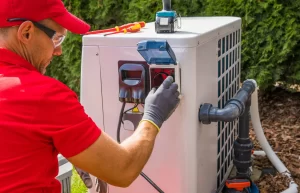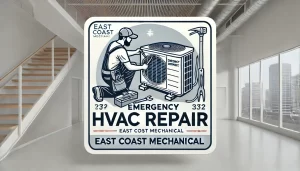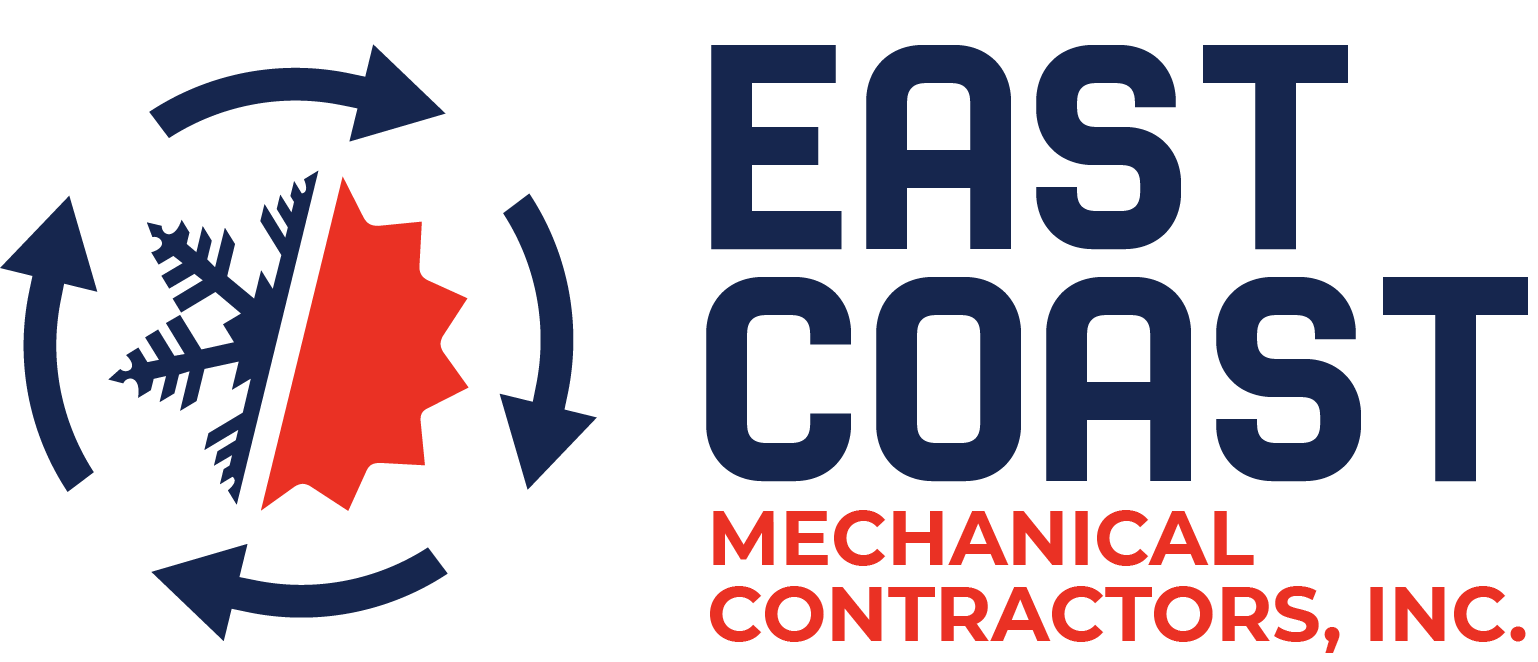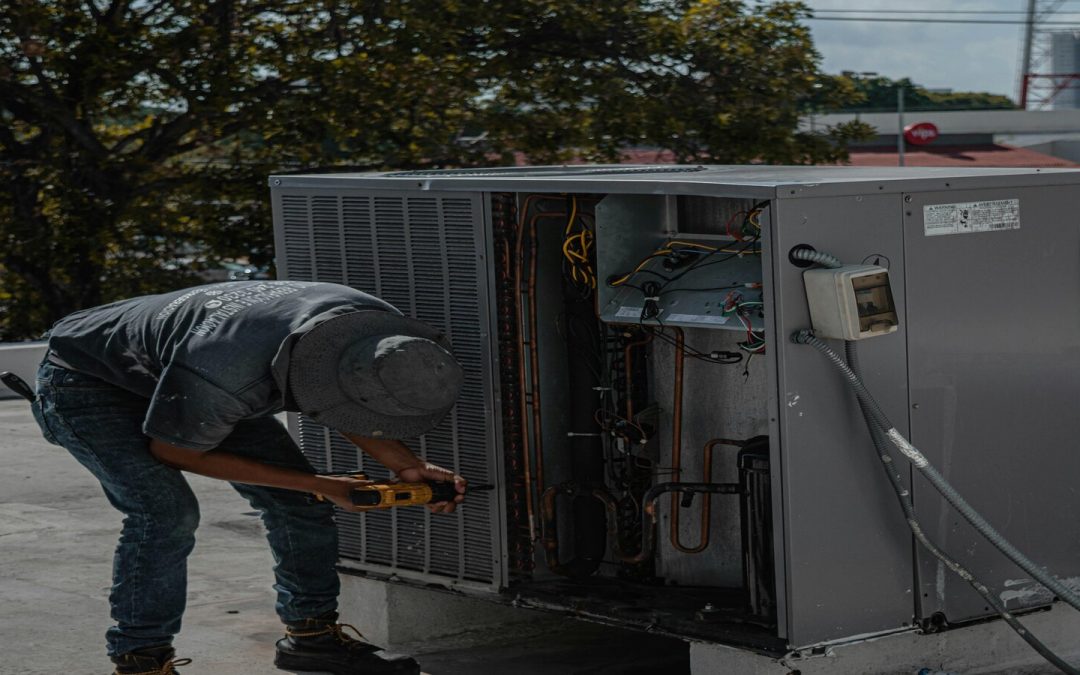When your HVAC (Heating, Ventilation, and Air Conditioning) system suddenly stops working, it can be a stressful situation. Whether it’s the middle of a hot summer or a cold winter, an HVAC system breakdown can disrupt your comfort and lead to more serious problems if not addressed quickly. While regular maintenance can help prevent some issues, emergencies can still happen, and knowing when to call for professional help is essential. In this blog post, we’ll discuss common HVAC emergencies, warning signs that indicate a need for repairs, and when it’s time to contact an HVAC technician for help in New Jersey.
Why Are Emergency HVAC Repairs Important?
HVAC systems are complex, and issues can quickly escalate into more significant problems if not dealt with promptly. For example, a small refrigerant leak can affect your system’s efficiency, while an electrical malfunction can lead to a fire hazard. Emergency HVAC repairs are crucial because:
-
Quick Resolution Prevents Further Damage: Timely repairs help avoid further damage to your HVAC system, reducing the need for costly replacements or repairs.
-
Restores Comfort: Whether it’s sweltering heat or freezing cold, an emergency HVAC issue can severely impact your comfort. A quick fix restores the temperature in your building, keeping everyone comfortable.
-
Health and Safety Concerns: Malfunctions in your HVAC system can result in poor indoor air quality, which can affect health. Additionally, certain issues, like gas leaks or electrical faults, can be dangerous if not addressed immediately.
Common Emergency HVAC Issues 
Several problems can occur with HVAC systems, and some of them require immediate attention. Here are the most common HVAC issues that might call for emergency repairs:
1. No Heating or Cooling
Perhaps the most obvious sign that your HVAC system is in trouble is when it stops producing heat or cold air. If your thermostat is set correctly and the system isn’t responding, there may be an issue with the internal components, such as the blower motor or the refrigerant.
2. Strange Noises
Unusual noises such as grinding, screeching, or banging sounds often indicate a malfunction. These noises can be the result of a mechanical issue, such as a broken fan or loose parts within the system. If not fixed promptly, these issues can lead to severe damage.
3. Foul Odors
Foul smells, like burning or musty odors, can indicate a serious problem. A burning smell could point to overheating components or an electrical fault. A musty smell may indicate mold growth in the ducts, which can affect the air quality in your home. Both require immediate attention.
4. Refrigerant Leaks
For air conditioning systems, refrigerant leaks are a common problem. Without enough refrigerant, your system cannot cool effectively. Low refrigerant can also damage the compressor, leading to expensive repairs or a system replacement if not addressed right away.
5. Gas Leaks
Gas leaks are dangerous and require immediate attention. If you suspect a gas leak in your HVAC system, it’s essential to turn off the gas supply and evacuate the area before calling a technician. Gas leaks can cause severe health issues, fires, or explosions.
6. Frozen Coils
Frozen coils are common in air conditioners but can also occur in heat pumps. When the evaporator coils freeze, the system cannot absorb heat, which results in poor cooling and potential damage to the compressor. Ice buildup can also be a sign of an underlying issue with the airflow, refrigerant, or air filters.
7. Water Leaks
Water leaking from your HVAC system can be a sign of a clogged condensate drain or issues with the evaporator coils. Excess moisture can damage your system, and in extreme cases, it can lead to mold growth or water damage in your property.
When to Call for Emergency HVAC Help
Knowing when to call an HVAC professional can save you time, money, and avoid unnecessary stress. Here are a few signs that you should call for emergency HVAC repairs in New Jersey:
1. Unusual Sounds, Smells, or Leaks
If you hear strange sounds, notice foul odors, or see water or refrigerant leaking from your system, these are red flags that demand immediate attention.
2. Complete System Shutdown
If your HVAC system has completely stopped working and you’ve already checked basic issues like the thermostat settings and power supply, you should call a professional immediately. A complete shutdown often indicates a major issue, such as an electrical problem, malfunctioning blower motor, or a broken compressor.
3. Inability to Maintain Desired Temperature
If your HVAC system is running but struggling to maintain the temperature set on your thermostat, or if it’s cycling on and off frequently, this could be a sign of a system malfunction. It’s important to get this checked before it leads to further damage.
4. System is Blowing Warm Air in Summer or Cold Air in Winter
An HVAC system should blow cool air in summer and warm air in winter. If the system is blowing the wrong type of air, it could be due to issues like a malfunctioning compressor, thermostat problems, or electrical failures. This warrants an emergency call to ensure the system is restored to proper functioning.
5. Gas Leak Detection
If you smell gas near your HVAC system, do not hesitate to turn off the gas supply and leave the building immediately. Gas leaks can be deadly, and only certified HVAC technicians should handle the repair after a gas leak is confirmed.
What to Do Before the HVAC Technician Arrives
While waiting for the HVAC technician to arrive, you can take a few steps to prevent further damage or ensure safety:
-
Turn off the System: If you’re experiencing unusual noises, smells, or water leaks, it’s a good idea to turn off the system to prevent further damage.
-
Check the Power: Ensure that the system is receiving power by checking circuit breakers or fuses.
-
Document the Issue: Take note of any unusual sounds, smells, or changes in temperature that occurred before the breakdown. This will help the technician diagnose the problem quickly.
-
Evacuate if Necessary: If you detect a gas leak or other dangerous conditions, leave the building and call emergency services. Your safety is the priority.
Conclusion
Emergency HVAC repairs are sometimes unavoidable, but knowing when to call for help can save you time, money, and unnecessary frustration. If you experience any of the issues mentioned in this post, it’s important to reach out to a professional HVAC technician immediately to prevent further damage. Regular HVAC maintenance and prompt attention to problems can keep your system running smoothly year-round and help avoid costly emergency repairs.
Contact For Emergency Repair Services

If you’re facing an HVAC emergency, don’t wait! Contact East Coast Mechanical for prompt and professional HVAC repair services in New Jersey. Our team is ready to handle all your HVAC emergencies and restore comfort to your building.
Website: https://ecmchvac.com/
Phone: 732-751-8877
Email: ecmcecmc@aol.com
Location: 5133 W Hurley Pond Rd # A, Wall Township, NJ 07727

